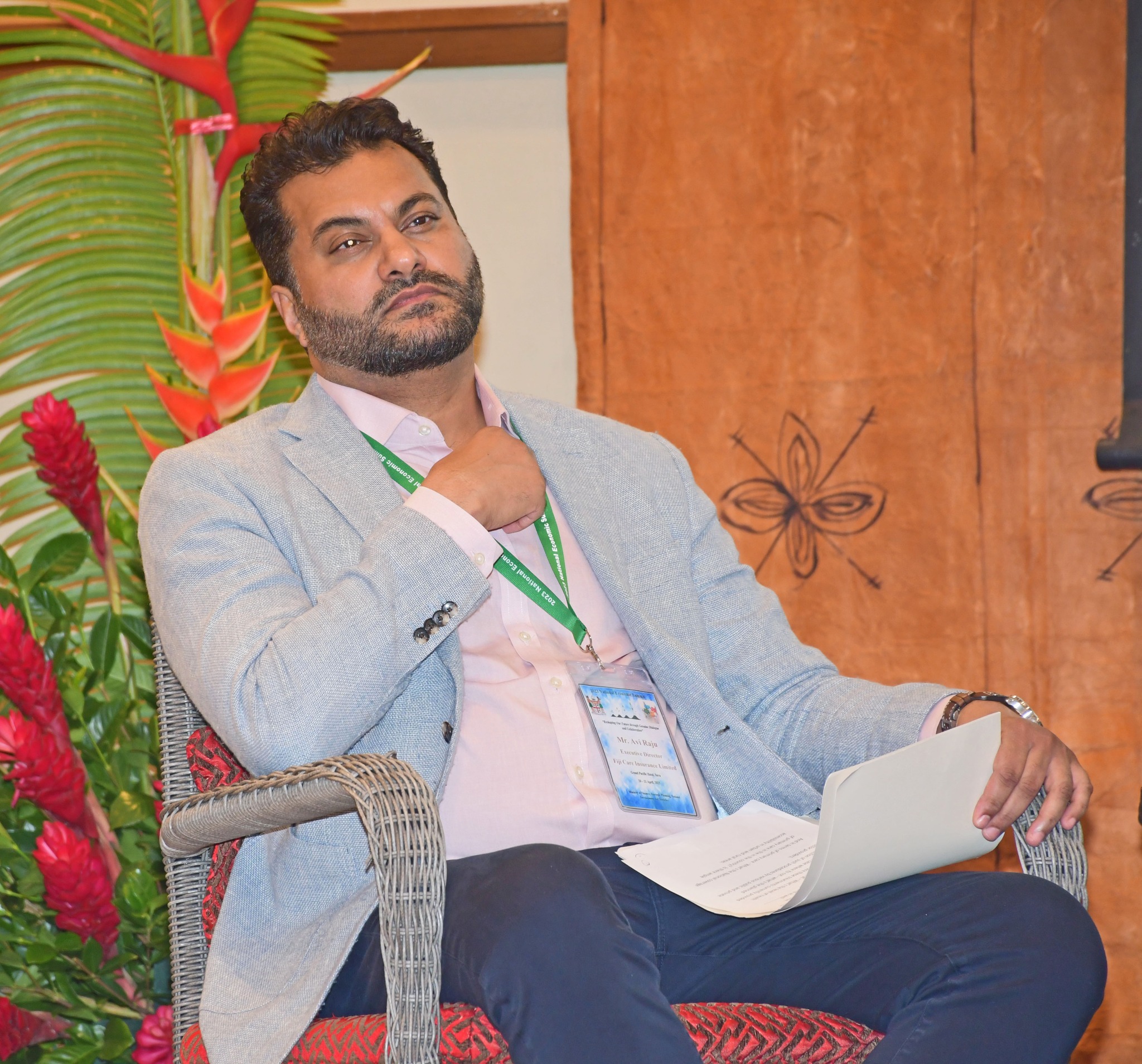Government has paid out $12.5 million under the public-private general practitioner program and the balloning cost will need to be better managed, says FijiCare Insurance chairman Avi Raju.
He said this at a plenary session on healthcare at the National Economic Summit on Thursday.
“As providers are joining, what we are seeing cost of this is increasing and I personally believe Government needs to de-risk and have some form of instruments in place to manage its exposure,” he said.
“But to get there we need to have considered discussions with all stakeholders as to what such a program would look like.”
Mr Raju said considering national health insurance cover for the country raised many questions and gaps would need to be filled before any commitment could be made.
“We need to discuss as to what would be the scope points – what would the national health insurance cover? Primary or tertiary and what treatments covered,” he asked.
“Does it include critical care such as cardiac or oncology or would it also cover elective surgeries such as hip or knee replacements? We need to look at what’s the level of healthcare in the country.
“Are these treatments currently provided in Fiji and in cases if its not, what’s the plan of introduction of such procedures?
“In terms of primary care, what’s the national coverage of primary care in the country? Is there ample accessibility in urban and rural areas and then you look at the pricing of such a program, how do you calculate a premium on such an insurance cover?
“Do we have meaningful national data from an actuarial perspective to price the risk of this insurance, is there infrastructure and technology to manage such an insurance program at the national level?”
He said once there was some idea on what the premium looked like, then there was the question of what the government policy was with regards to funding such a program.
“Does the government have the fiscal capacity to fund it, is the program going to be means tested or will it be available to all regardless of income levels?
“I think when you look around the world in more developed and affluent countries, there is a trend away from fully state funded insurance programs.
“The move is towards a hybrid or a co-pay model where the state, individuals or employees or employers all make some form of contribution. Then there is the point of, should there be a mandatory employer provided health insurance as is the case in most countries in Asia?
“As it stands at the primary care level, the start of the public-private GP scheme is a good start and at the tertiary, the public private partnership in regards to developing Lautoka Hospital is a good start for treatments locally.”



